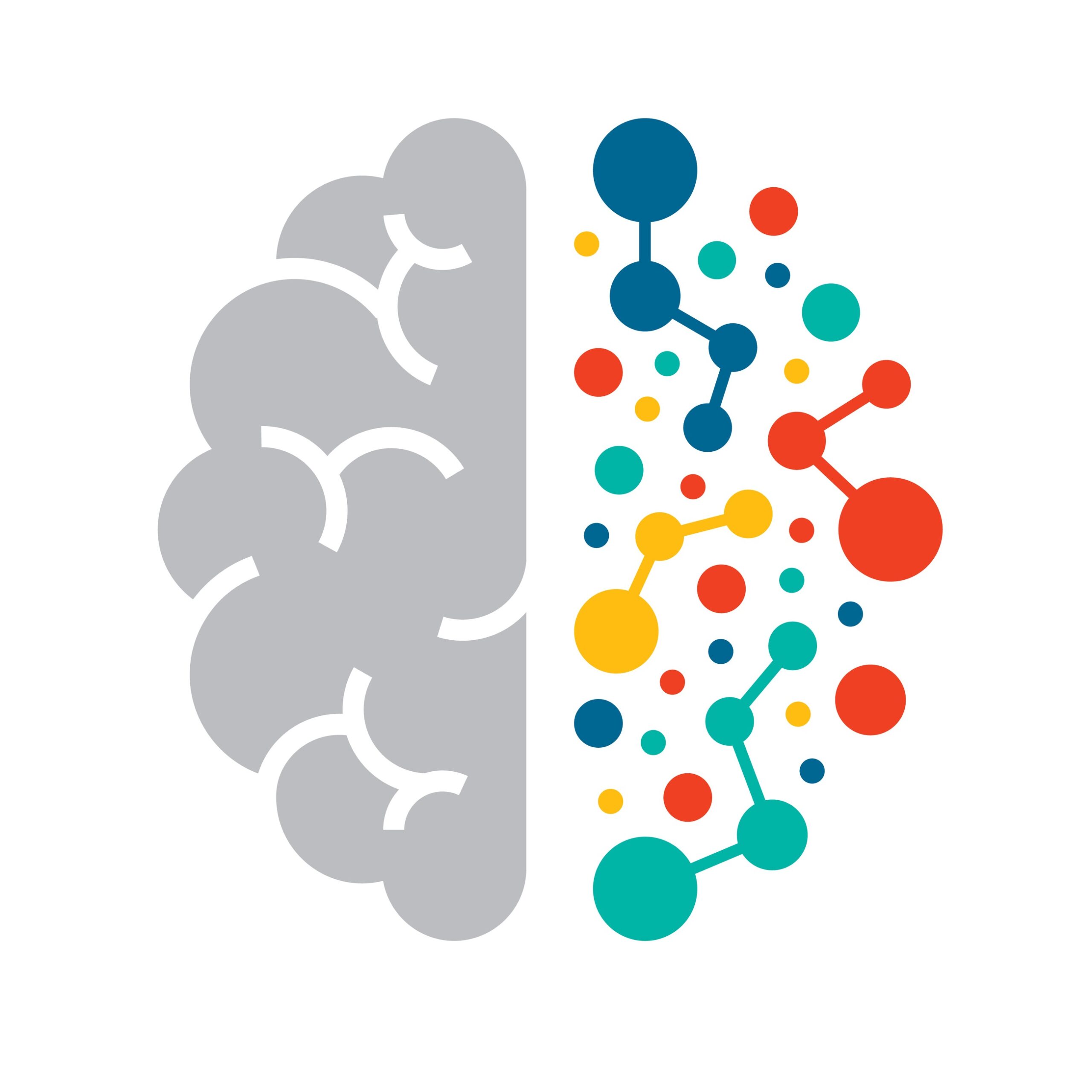Anger, like a smoldering ember, lies dormant within us, waiting to be ignited by the sparks of frustration, injustice, or hurt. It’s a primal emotion, deeply rooted in our biology and psychology, yet often misunderstood and stigmatized. While anger can be destructive and overwhelming, it also has the power to illuminate our boundaries, mobilize us for action, and pave the way for healing and growth.
At its core, anger is a natural response to perceived threats or violations of our needs, values, or boundaries. It can manifest as a fleeting irritation, a simmering resentment, or an explosive outburst, depending on the intensity of the triggering event and our ability to regulate our emotions. While anger itself is not inherently harmful, it’s how we choose to express and manage it that determines its impact on ourselves and others.
One of the most common misconceptions about anger is that it is always destructive or irrational. In reality, anger can serve as a powerful signal that something is amiss in our lives, signaling the need for change, assertiveness, or self-care. By tuning into our anger and exploring its underlying causes, we can gain valuable insights into our needs, values, and boundaries, and take proactive steps to address them.
However, anger becomes problematic when it is expressed in harmful or inappropriate ways, such as aggression, violence, or passive-aggressive behavior. Uncontrolled anger can damage relationships, impair judgment, and negatively impact our physical and mental health. Learning to manage anger effectively is essential for our well-being and the well-being of those around us.
One of the first steps in managing anger is learning to recognize and acknowledge it without judgment. This involves tuning into the physical sensations, thoughts, and emotions that accompany anger, such as muscle tension, racing thoughts, and feelings of frustration or injustice. By becoming more aware of our anger triggers and responses, we can begin to take proactive steps to diffuse or channel our anger in constructive ways.
Mindfulness techniques, such as deep breathing, meditation, and progressive muscle relaxation, can be powerful tools for managing anger and promoting emotional regulation. These practices help us cultivate a sense of calm and presence, allowing us to respond to anger triggers with greater clarity and compassion.
Communication skills are also essential for managing anger effectively. Learning to express our needs, concerns, and boundaries assertively and respectfully can help prevent misunderstandings and conflicts from escalating into anger-fueled confrontations. Active listening, empathy, and conflict resolution skills are also important for fostering healthy communication and resolving conflicts in a constructive manner.
In addition to managing anger in the moment, it’s important to address underlying issues that may be contributing to chronic or intense anger. This may involve exploring past traumas, addressing unmet needs or unhealed wounds, or seeking support from a therapist or support group. By addressing the root causes of our anger, we can begin to heal and cultivate healthier ways of relating to ourselves and others.
Ultimately, anger is neither good nor bad; it’s how we choose to respond to it that matters. By acknowledging, exploring, and transforming our anger, we can harness its energy for positive change and personal growth. We can learn to set healthy boundaries, communicate assertively, and cultivate compassion and understanding for ourselves and others. In doing so, we can transform anger from a destructive force into a powerful catalyst for healing and transformation.
